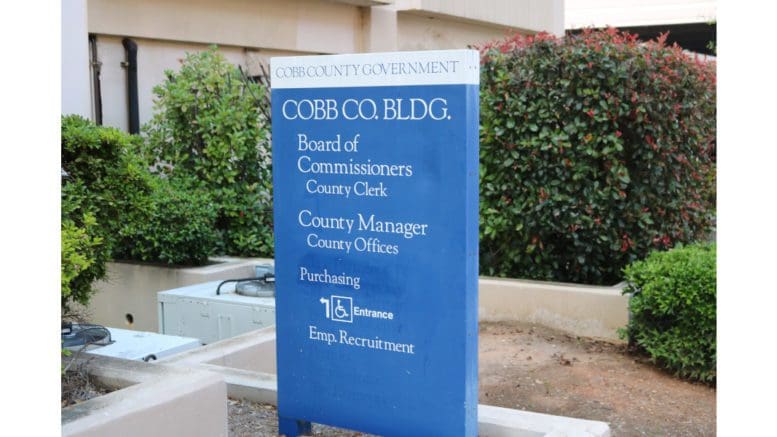Cobb County government distributed the following public information release about a sewer overflow into Sewell Mill Creek
Notice of Sewer Overflow into Sewell Mill Creek
On Friday, July 7, 2023, Cobb County Water System experienced a structural failure of a sewer line near 1211 Pimlico Court, Marietta, GA. This resulted in an overflow into Sewell Mill Creek, just upstream of East Cobb Park. The estimated volume of the overflow is 152,750 gallons. While the necessary repairs are being completed, crews have put a bypass pump in place to alleviate the overflow. The overflow was stopped at approximately 12:45 a.m. on July 8, 2023.
The Georgia Environmental Protection Division has been notified, and Cobb County Water System employees are following EPD protocols for such an event. Monitoring of bacteria levels in the creek is already underway.
Until testing results are completed, out of an abundance of caution, residents are urged to avoid exposure to Sewell Mill Creek at East Cobb Park and points southward.
The role of the Georgia Environmental Protection Division in wastewater incidents
The Georgia Environmental Protection Division (EPD) provides regulatory oversight of public water systems in Georgia via its Watershed Protection Branch.
The EPD website describes the Watershed Protection Branch’s role as follows:
The Watershed Protection Branch manages water resources in Georgia through regulatory and protection programs, monitoring, assessment and planning.
The Branch issues permits to local governments and industry to discharge treated wastewater and stormwater and to local governments, industry, farmers and subdivisions for surface water and groundwater withdrawals.
The Branch ensures that Georgia’s public water systems are operating properly to supply safe drinking water to citizens, and controls nonpoint sources of pollution through grants and volunteer programs such as Rivers Alive and Adopt-a-Stream. The Branch also conducts monitoring and modeling of Georgia’s waters.

